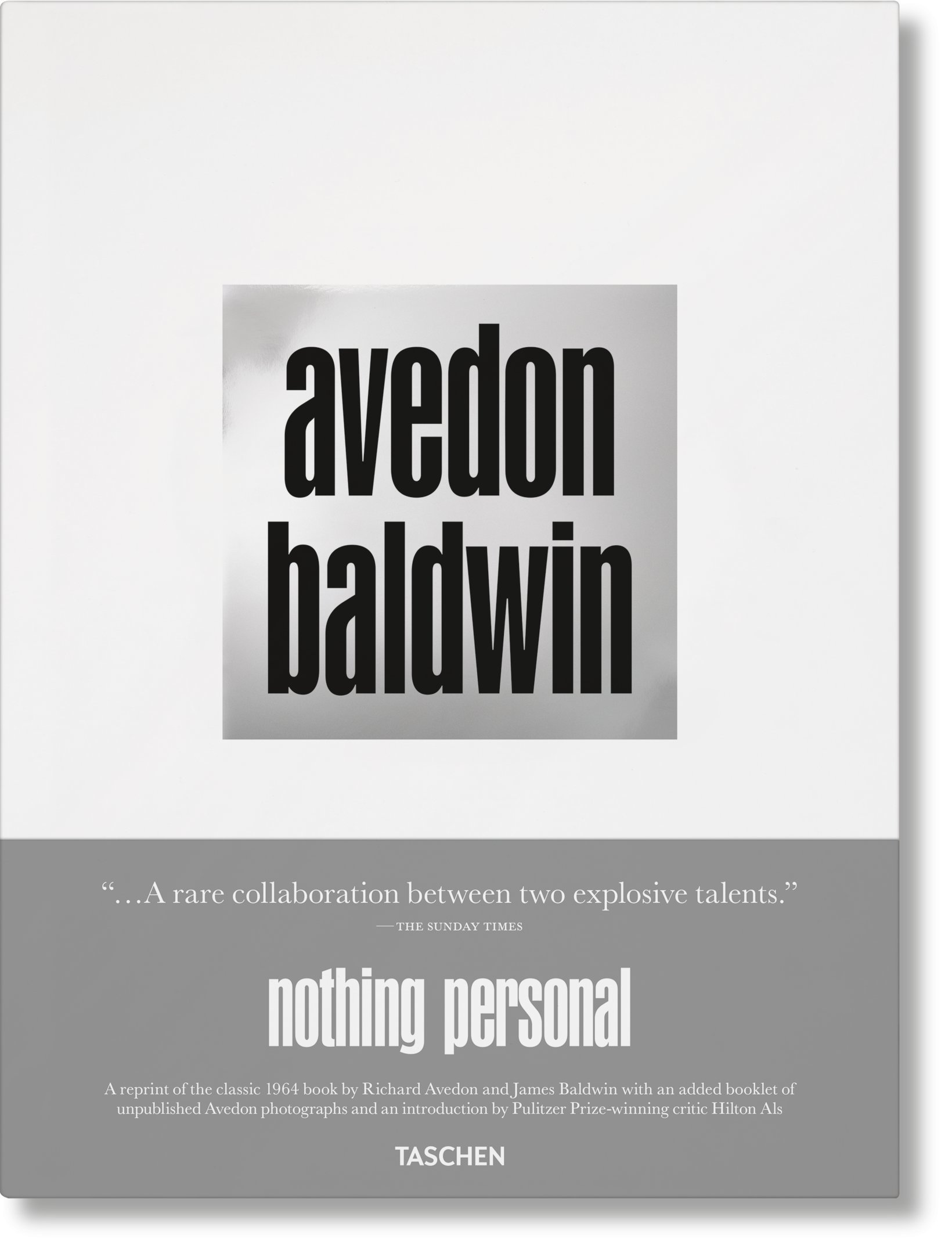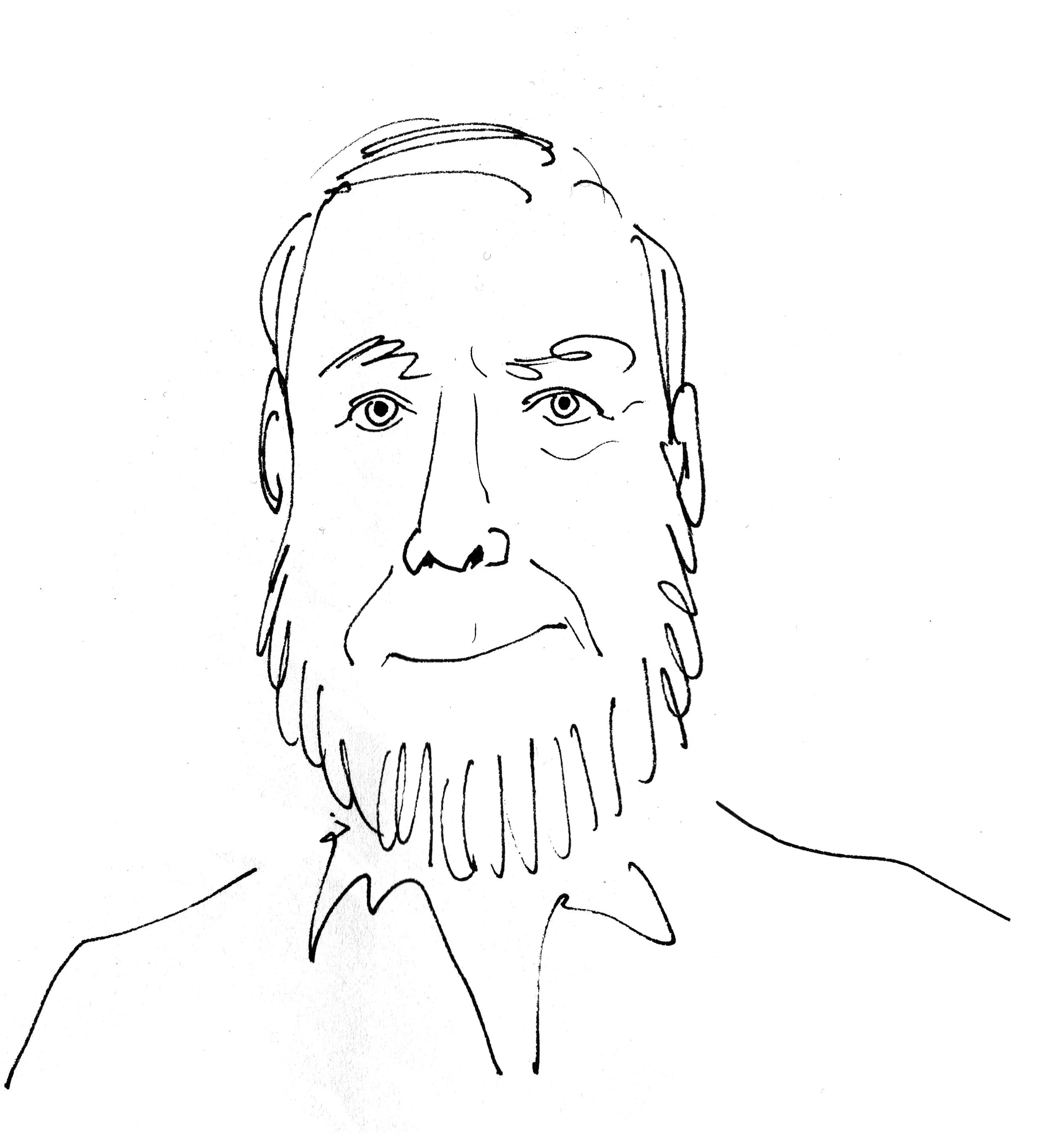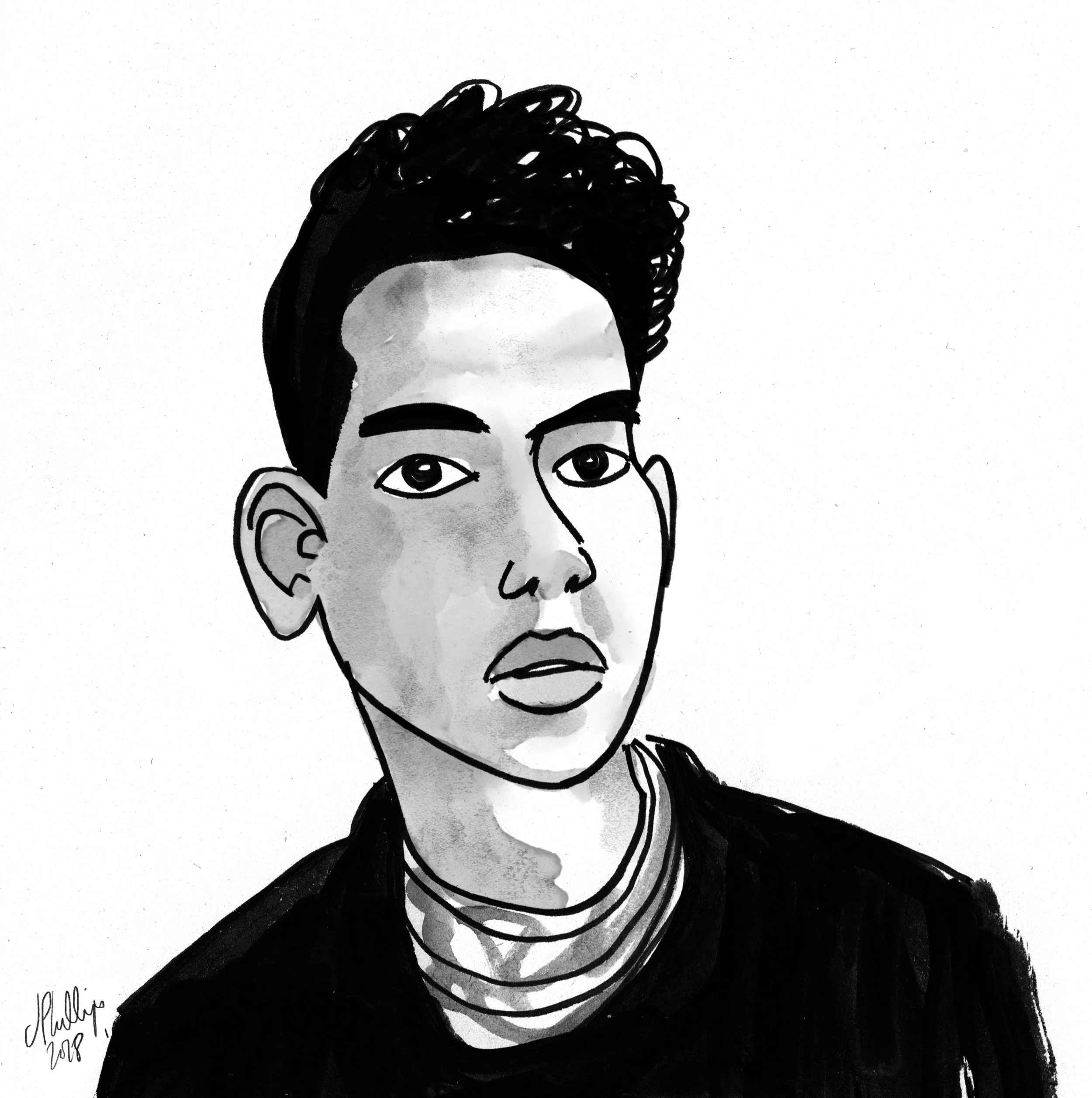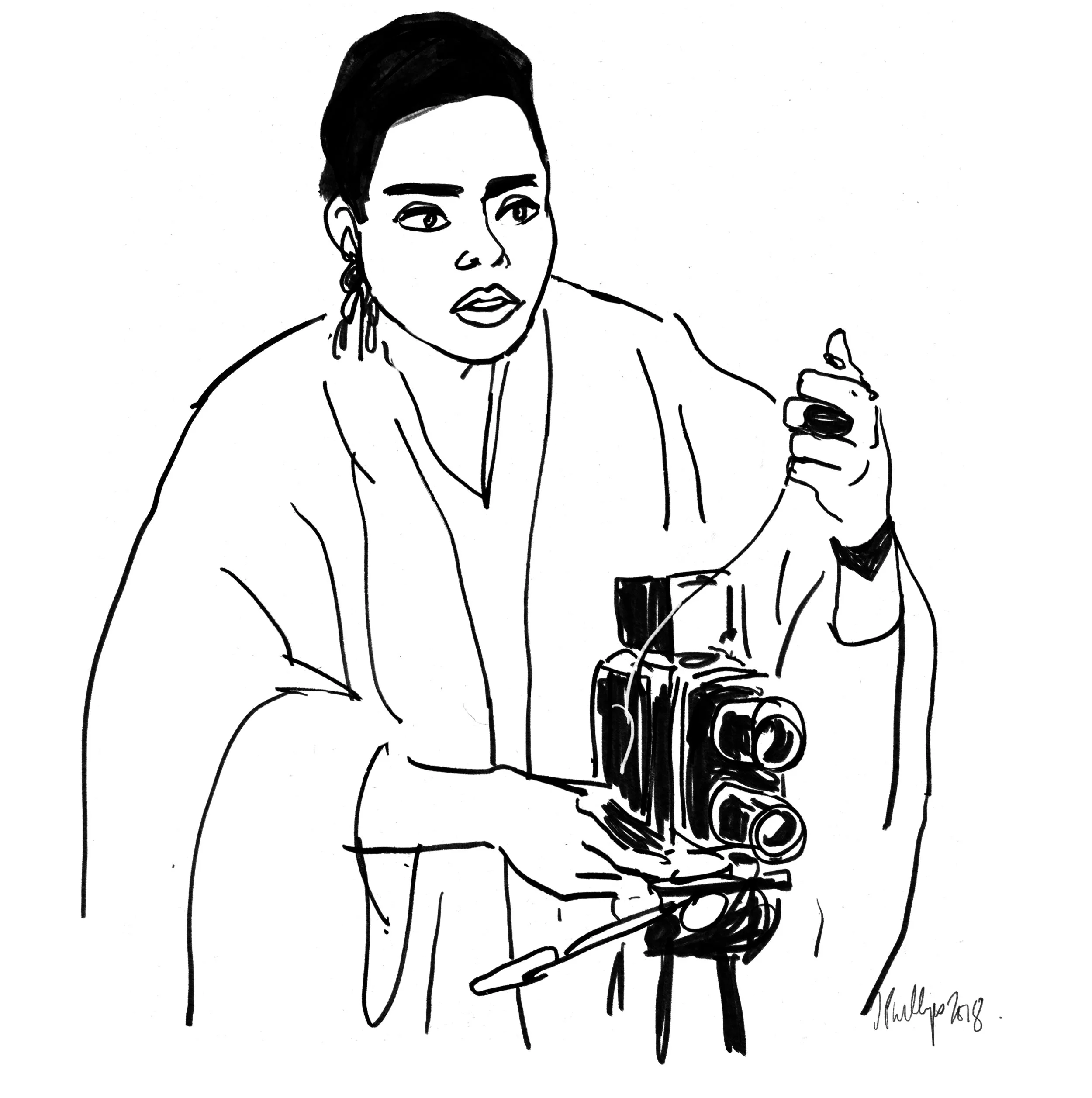Larry Fink, Photographer
Larry Fink is a photographer known for his black-and-white images of people at parties and social situations. Besides working as a professional photographer for over fifty-five years, Larry has had one-man shows at New York’s Museum of Modern Art, and the Whitney Museum of Modern Art amongst others.
He has been awarded the 2015 International Center for Photography (ICP) Infinity Award for Lifetime Fine Art Photography, two Guggenheim Fellowships and two National Endowment for the Arts, Individual Photography Fellowships. He has been teaching for over fifty-two years, with professorial positions held at Yale University, Cooper Union, and lastly at Bard College, where he is an honored professor.
Fink's best-known work is Social Graces, a series of photographs he produced in the 1970s that depicted and contrasted wealthy Manhattanites at fashionable clubs and social events alongside working-class people from rural Pennsylvania participating in events such as high school graduations.
This interview was edited for clarity and length.
The Sweet Flypaper of Life,
by Roy DeCarava
“I was always interested in the human soul, and in black culture. My folks were communists and we were very, very heavy hitters on the level of race and equality. The small little copy with Langston Hughes' poems and ascription inspired me deeply. There’s an absolute empathetic compassion in his overview of people. It’s the idea of merging the photograph as an entryway for a merger between souls.
Roy had an inner power and was able to perceive and feel with his subjects. There is a kind of humility that highlights the nature of inequality. That was an inspiration for me and the precipice of my lifelong work, which [centers around] emotions. It's about photographs, sure, and about making formal things and not pretty pictures, but most of all strong pictures. I like to think of my work as an emotional investigation, or a clinical investigation into what it means to be human.”
The Decisive Moment,
by Henri Cartier-Bresson
“One day my dad brought home The Decisive Moment, the original one. Bresson was an upper class Frenchman and more involved with beauty and the manifestation of the organization of shapes and forms. And that was particularly inspirational to me because his pictures reminded me of paintings that I was surrounded by because of my parents, who had social realism as their métier. That had me looking at the works of Moses Soyer, Raphael Soyer, by Anton Refregier, all kinds of folks like that, anything to do with the human struggle and the human ... you know, the beauty of it all.
Bresson, while not grippingly interested in alienation or any of the tough stuff, was deeply interested and exquisitely gifted in the timber of spacial organization. The organization of forms and shapes in a precise moment. And his kind of classicism was the thing that rooted my early work, even though my work now doesn't look anything like that.”
Nothing Personal,
by Richard Avedon and James Baldwin
“It was very, very tender poetism. Baldwin is such a brilliant man, an emotional man and also analytical. He was able to work with Avedon’s pictures.
This book gave me a sensibility for the breadth of photography and a different way in which it could be applied. The whole idea of how you can make something as dark and as clinically alienating as a studio, and with a certain kind of aggressiveness that Dick used as his palette. I always thought that he was just a little Jewish kid from the Lower East Side who was going to be bigger than anybody else. He put people in his white jail, boxed them in, made them extremely uncomfortable and whacked them one.
I always liked that kind of fighting and that dissident attitude on his part. And then that it had easily bridged into his much more poetic outer focus at the beach, or what have you, made the whole idea of radically polarized duality very, very interesting. The words are woven within. Baldwin's ability to mix simplicity and complexity at the same time was really profound. I write all the time now. I actually write more than I photograph.”
The Europeans,
by Henri Cartier-Bresson
“Cartier-Bresson’s books he did on the people of China and the people of Moscow were much more journalistic, and they inspired me too, but this book inspired me [specifically] because many of his pictures are not that good. They're all very valid and vital and valuable, but not necessarily formed as he can form a picture in the most exquisite way.
Generally speaking, this is an extension of what Cartier-Bresson owns up to, which was the odd marriage between surrealism or a distant kind of abstracted point of perception and, at the same time, being a leftist who was trying to be a journalist telling the story of what was going down.
That set up in me a conversation between the necessity of communication about things that are real, and the necessity of stepping outside of the flow of the moment and moving into something which is metaphor. ”
The Americans,
by Robert Frank
“I picked it up in the store in the village when it came out and hated it for much of the reasons that any other conventional humanist would, because it was so downtrodden and pessimistic. Ultimately I don't hate it any longer, because it's brilliant work, but Robert had a singularly un-generous point of view, forgetting about what America is and isn't. His grumpy itemizing of experience is a profoundly important thing, but it was unforgiving.”
Larry, can you describe the work you do and what it means to you?
In my work I’ve always been considerably interested in the deeper mystery. Many people are interested in very smart people with complex ideas, and I am too, but the most complex thing is the simplest.
I’m very interested in class. The emotional system absolutely floats within and throughout the whole idea of class, the whole idea of smart and stupid. No matter who you are, when you see a baby or a lover or a hateful situation, more than likely the reaction's going to be the same. How they're embellished, in terms of articulation no matter what medium you're using, is another story. But the jolt, if you will, is like the coffee I'm drinking right now, straight up.
When I'm feeling good in life, which is six times a week, and I'm walking down the street, my heart goes out to sweet things; I was a much angrier guy back then. I would look for alienation, based on what the system did to people. And now I'm just happy to see people smile. I think age probably has something to with it. You know, expecting less and wanting more, and being able to squeeze the lemon for its sugar rather than for its sour.
These days you write more than you photograph. What do you like to write about?
I'm a stupid Facebook contributor. I might write a poem [Editor’s note, read or an essay or a glib.] Almost every day I'll write some stupid shit. I wrote something just late last night, wait let me find it…
There are people who can live happily without the insistence of politics
There are poems drafted by the 1000s which have only reference to abstractions or emotive effusions or words which collude
I am not sure but perhaps they live a peaceful life
Not I
Hypocrisy and injustice make me cry…
[editor’s note, read this piece in its entirety here.]
Do you ever think about taking those kinds of sentiments and building another photo project around that?
Most writers write in private and they have little books. I'm just Mr. Public. I would love to do that. I was thinking at one point that I wanted to do a retrospective book, and I was thinking that all this writing and so on and so forth should be interspersed within it.
I was working with University of Texas and Dave Hamrick, and he was really into the idea, except that now he's going to retire. It's such a massive project that I can't get my hand up on organizing it, because I keep on moving into the moment rather than trying to re-credit the whole of my operative.
So yes, I have thought about it, for sure. I hope I live longer so I can get it done.
Throughout your life you were surrounded by talented artists—musicians, actors, photographers. Some of them have passed. What was that like for you and for your photography?
It has nothing to do with photography.
I just saw a documentary film about my sister Liz Fink, who died a couple years ago. She was the principal attorney for the surviving inmates of the Attica Prison revolt. She worked on it for 28 years, among other things, and finally won a settlement. And there she was, not in full screen, but on the screen talking, and I just missed her so bad. She was a big influence in my life because she was very smart and very committed in a singular way to the struggle of justice.
She would say things like, "There is no justice in this country, and the thing that empowers you is the struggle for justice.”
She's absolutely right. There's no justice in this country. Look at what we have—40% of the population is racist. These were the white people who were cast aside, never had an identity at all. They were never respected until the second world war when they became steel and coal workers, and they had an identity. Then that was gone and they were left to their own journey. Now they have Donald Trump.
Pardon me, I got political on you.
Does this affect your work in any way?
No. Not the work. It affects life. The life is affected by the work, so you can only say it that way.
It seems to be that I'm one of the photographers who have not burned out, and I have a very, very long track record. Artists like Lee Friedlander, who's a very, very different kind of photographer than I, but the utter curiosity of what things look like for Lee is the thing that fuels him every day. For me, it's the same, except with more socially embellished overtones.
In terms of losing people along the way, I'll tell you the truth. My heroes were never photographers.
My heroes were always jazz musicians and revolutionaries. So when a guy dies like Steve Lacy or Roy Hargrove, it hurts me, but it doesn't do anything to my pictures except what it would normally do just as a human appetite for pain and loss. That's when I really feel time passing by, is when the music drops out, when the people who play the music drop out.
As far as photographers, since I didn't hang out with them all that much, I don't miss them, nor did I idealize them as I did musicians, because of the secret of that universal abstraction, which just gave us so much release and so much intelligence, but intelligence in a way that isn't necessarily coated in language, or in the written word.
You photographed a lot of celebrity events and parties in your day. Did you notice any pattern amongst the people you met there?
Well, you know, I was working on the contract for Vanity Fair, so that's how I got into the damn things anyhow. And I aspired to be there for years and years; I was always interested in power and privilege.
To go way back to origins, my mother was what they called a Mink Marxist, which is a very elegant gal and full of all kinds of style and high living. In fact, she quit the communist party because they kept on riding her for her taste for voluptuous and bourgeois kind of style. They were puritanical like most Americans, and she was not, even though she was in other ways.
I've always had that duality within me, which is to say to be deeply concerned about social justice, and then at the same time being really, really fascinated by, and intrinsically drawn into, the sensuality of high style and wealth.
Working those parties, in my tuxedo mind you, was a deep privilege for me and also fun. I don't remember people who were celebrities. I was photographing all these folks who were each more important than the next, and I didn't know who the fuck they were. They were just folks to me.
That allowed me an entry into their moment and into their soul, if I'm so presumptuous to say so, which had nothing to do with who they were in terms of how they were estimated by the popular mainstream.
You recently shot Ralph Lauren’s Fiftieth Anniversary party. Are you still shooting with the same camera and type of setup that you did for those Vanity Fair parties back in the day?
No, nothing like that. Digital has taken me over. I don't use flash for the most part any longer, because with digital you can see in the dark and all that beautiful nuance and permeation of light from available light is just fine for me because it's so sensual. I use a Fuji Film Pro 2, and also a smaller camera most of the time, which is the Sony RX, or RX100.
Back when I was using flash, it was really interesting because by definition you couldn't really see what the camera saw because it was faster than you. The angles that I used in terms of where I threw the flash were very intuitive, not necessarily strategic. I guess intuition is a strategy in its own way.
You currently live out on a farm where you are quite active with plants. I read that you called yourself an inexact botanist in that context. Can you explain that and tell us if that might work as a metaphor for your photography as well?
That's funny, and yes absolutely that works. I have a greenhouse with flowers. Martha, my beautiful wife, who's a painter and a sculptor, is younger than I am by a little bit. She's also very obsessive compulsive about doing everything all the time. She allows me to lollipop around and write poems and dream. I still take care of responsibilities, mind you, I'm not a vagrant beatnik, but nevertheless, I am inexact. I've never had that kind of mind which needs to pinpoint exactly everything that comes across my perception.
Is that by necessity, or by choice, that you are like that?
I think it's probably both. It's necessity or it creates necessity, which means the organic proponents of how you're built intellectually preempts your choices.
You’ve also been teaching for over 50 years. When you talk to the younger generation of photographers, are there pieces of wisdom that you like to share with them? Perhaps in terms of what we should be looking for and caring about?
No, not at all because each person has their own necessities and it's up to me to find out what those necessities are, and for me to guide them as if they are themselves.
I don't have an ideology about how photography should be this way or that way. I don't care about that. I mean, I care about it. I'm current with everything that's going on. I wish I had more money, I would buy all the books, but then again I would have to build another barn.
I just really ultimately go with the flow. And I teach. Mainly people say you teach, you teach photography. I say, "No, I teach people." Meaning that I try to find out what each person is about and how the photographs actually address that.
The deeper primary ideology is that one should be as human as possible and use one’s imagination in any number of ways to amplify your own humanity, where you fit.
Kids look at art now as if originality is based on whether they can one-up what seems to be the currency out there in the street, rather than coming out of a primary mode: the origin of who you are, what you need, and what you mean. What are your hungers and your fears and your hopes?
So much of that work, while it can be very intelligent and sometimes innovative, is somewhat incredibly divorced from the real shit that drives young people, which is pimples and hard-ons and whatever else.
How do you encourage students to think differently about this?
I'm not one of those teachers that's like to beat folks up. I really like to think I like to cuddle them, even though critically you have to be stern and severe in terms of criteria. On the other hand, a human soul is a fragile thing: it should not be broken.
It’s an intricate process in terms of the individual itself. You can't categorically say this is the method to move them this way and that way. Since I'm not engaged in classroom teaching on a weekly basis any longer I don't get the opportunity to do that, because the week by week thing is where you can really develop the strategy of seeing and motivate a kid in some way that they haven’t necessarily thought about.
Last year, I had a lovely workshop with ICP, with all these guys and gals who were more journalistic in their application. It was really fascinating, because the kids were really curious about the big world. I liked it a lot, because I'm involved with the world.
Some of the kids at Bard, where I’ve taught also, their art work doesn't go out in the world. Basically, they're virtual. They don't go out and meet Mrs. McGillicuty out there or the American Legion, or stuff that you can be curious about. They're not curious about that because their screens can tell them anything they want to know without necessarily experiencing the anxiety of entering into the foray of it all. That's not a good thing. We have to get them off their screen.




















